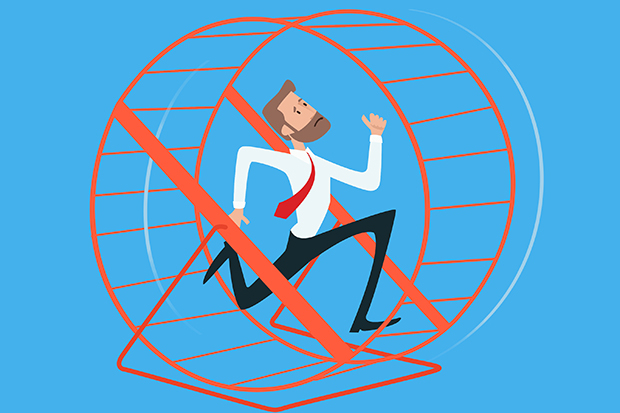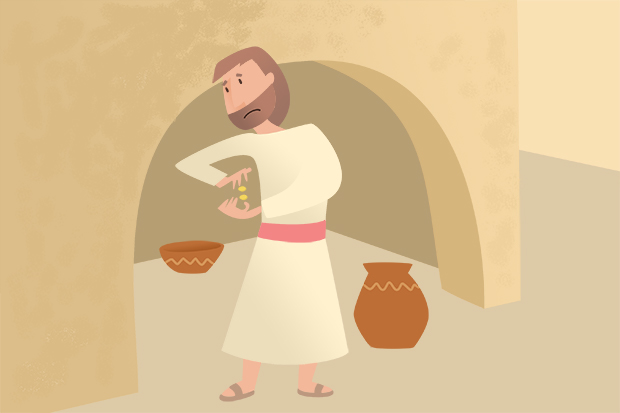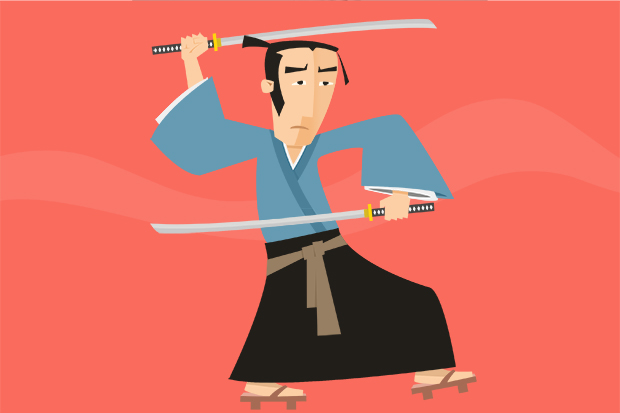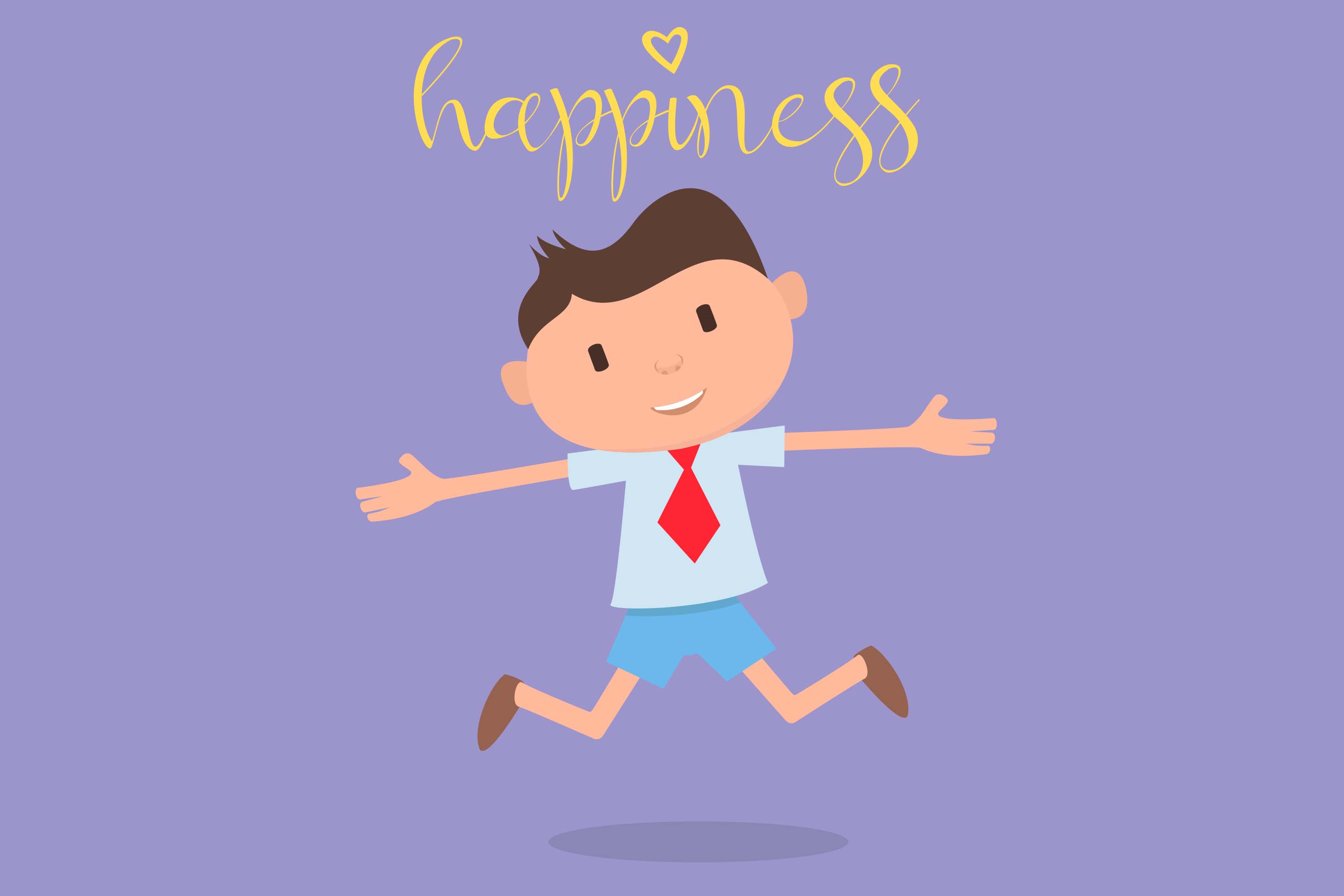on

Theodorus Gerardus Jozef ‘Theo’ Jansen, a Dutch scientist turned artist, builds large kinetic sculptures out of PVC that seemingly move on their own. These sculptures called strandbeests—meaning ‘beach animals’ in Dutch—mesmerize with their uncanny, lifelike motion. The kinetic structures which Jansen calls ‘artificial life’ are propelled by wind. The recent editions can respond to the environment and alter their course when they touch water, and they even store energy to move when there is no breeze to power them.
We are just like the strandbeests, only we are way more complex—so complex that we do not see the invisible winds that move us. We are so constituted that many of us might find the suggestion that we are moved by external forces mildly insulting, yet that is the truth that stares us in the face once we find the courage to square off with the fact that a lot of what we take to be us are just mindless reactions to the prods or stimuli from the world. The world we live in and respond to is not out there but inside of us, inside our minds. Yet, we seek explanations for our behaviour against the backdrop of a purely physical world. Unable to make sense of the complex causes behind our behaviour, we settle for simplistic explanations that destroy the possibility of a reprieve from what we eventually come to see as our inescapable fate—to watch on helplessly as life slowly drains out of us, leaving in its wake the growing realization that we never lived the life we could have had.
What must we do to escape such an end? Here are the words of Henry David Thoreau, one of America’s most prominent esoteric philosophers:
I went to the woods because I wished to live deliberately, to front only the essential facts of life, and see if I could not learn what it had to teach, and not, when I came to die, discover that I had not lived. I did not wish to live what was not life, living is so dear; nor did I wish to practise resignation, unless it was quite necessary. I wanted to live deep and suck out all the marrow of life.
The words above have been taken from the chapter titled ‘Where I Lived, And What I Lived For’ from his book Walden, a work which details a period in his life spent living on the outskirts of society in a small cabin in the woods by the side of Walden Pond owned by his friend and mentor Ralph Waldo Emerson.
Whole monographs can be written on these words. They are intensely powerful and evocative. Perhaps the cure to the debilitating listlessness and dissatisfaction that seems to taint our lives is to heed these words. But I want to focus on that ebullient phrase ‘to live deliberately’. Are our lives lived deliberately, and with careful and thoughtful consideration? Perhaps not. Most of our lives unfold in an unconsidered, unstudied manner. And I think the reason for that, as Thoreau hints at, is because we are out of touch with ‘the essential facts of life’. If you dig deeper, you will realize that purposeful and prudent living is the result of knowing the answer to a question—the question why?
Most of us think we know what to do with our lives and how to go about it. But so very few of us know the why of it all. And that why matters. Once we know the why, we can figure out the what and how. Have you ever struggled in life, feeling unable to summon the effort or energy needed to see a task through? That paucity of energy you grappled with nearly always resulted from either you not knowing the why or you losing sight of the why. Not everyone is fortunate enough to find their whys. To get to the why, you need the patience to sift through the dross; you need the will to look past the nonessential.
So much of our lives is ordered around blind imitation. So many of us wander through life with the whys that were borrowed from others or forced up on us. Lodged in our minds, these whys shape our choices, but we are often unaware that they are not really ours. Over time, the lack of conviction begins to show and we try to shake it off unsuccessfully, yet most of us tend to ignore that feeling of endless tedium which sets in. We then complain that life is a burden. We seek excuses to explain our failures. Our faltering steps do not take us very far. A handful of us are honest enough to acknowledge that we are not making any progress—but that is nearly as far as we get. Most of us grow despondent and resign ourselves to our fates.
People lost in forests or desert terrains devoid of landmarks tend to walk in circles. Though asymmetries in the physical body such as uneven leg lengths or random physical errors, such as flaws in gauging how one needs to move one’s legs to walk straight, were once attributed to be the causes behind this behaviour, research has ruled them out. Researchers now believe that the behaviour results from the cumulative effect of small deviations that are added to a person's cognitive sense of what is straight with every step they take. This behaviour does not occur in the presence of external reference points and visual cues that allow walkers to recalibrate their sense of direction. Analogously, we need our whys—our very own whys—to help us stay on course, to help us gauge how far we have veered off the path.
The why is an expedient. It helps direct consciousness where it normally does not flow. A lot of what we struggle against is born out of structures that resulted from our unconscious reactions to things. So long as these structures remain unaltered, so does our response to them. A lot of those practices—life’s little rituals characteristic and intuitive to us humans—continue unchanged because people do not question them. They remain because we see them as traditions that cannot be broken; we see them as conventions that cannot be challenged. If humanity has progressed, it is because of people who have dared to ask why. Think if Alexander Fleming, on noticing his petri dish was dotted with bacterial colonies save for one area where a blob of mould was growing, had not stopped to ask why. What if Rosa Parks, when ordered to vacate one of a row of four seats in the ‘coloured’ section in favour of a white passenger, had gone along and did just that instead of asking why? There is no reason why you and I should not benefit from asking that why ourselves.
The why buys us time as individuals, as a society, to seek the real reasons we do what we do. It helps us make that course correction. So many of us live our lives as if we are on a hamster wheel where our days cease being distinguishable, where our choices turn out to be mirror images of the ones before. The why lets us pause. It puts some distance between us and what we call a life so that we can observe it and take the necessary steps to get back in control. It helps curb that impulse to conform, to be a slave to routine. It aids us in finding better, more creative solutions to life’s problems. So, go deep and try to discover the why. Then follow where it leads.




